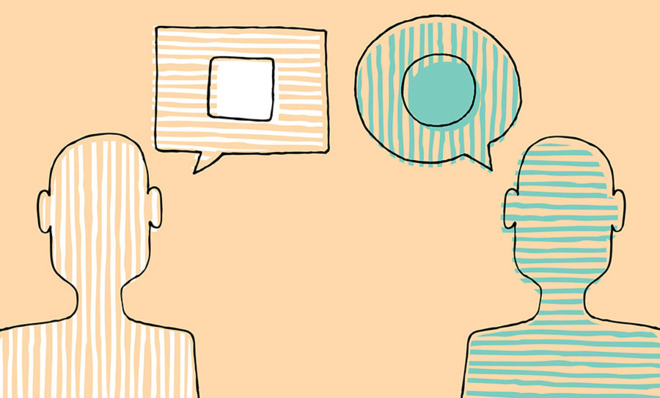The warm glow of certainty
People with strong partisan identification find it easy to dismiss evidence that challenges their simplistic worldviews. Everything confirms what they already believe.


A free daily email with the biggest news stories of the day – and the best features from TheWeek.com
You are now subscribed
Your newsletter sign-up was successful
Did President Obama commit an act of imperial hubris on immigration, or was he simply following the humane lead of Presidents Reagan and George H.W. Bush? Did police officer Darren Wilson get away with murder, or did Michael Brown force the cop's hand by attacking him? How lovely it would be if we all could judge such questions coolly and rationally, on the basis of evidence. Alas, virtually all of us respond to emotionally loaded issues in a visceral way, and then reason backward to the conclusion that feels right because it buttresses what we already believe. The stronger people's political and moral values, social scientists have found, the more reflexively they react to any hot-button debate. "Morality binds and blinds," says social psychologist Jonathan Haidt in his superb book, The Righteous Mind. "It binds us into ideological teams that fight each other as though the fate of the world depended on our side winning each battle."
That much, at least, is inarguable. Duke University researchers recently presented self-identified liberals and conservatives with evidence contradicting their views on gun ownership and climate change, respectively. Since neither group liked the policy implications of the evidence, each simply dismissed it as lies. Motivated reasoning, as social psychologists call this phenomenon, is highly rewarding: It wards off the discomfort we feel when our preconceptions are challenged. It binds us further to our "tribe," filling us with the warm glow of impregnable certainty. But as Haidt points out, self-righteous partisanship has a steep cost: "It blinds us to the fact that each team is composed of good people who have something important to say."
A free daily email with the biggest news stories of the day – and the best features from TheWeek.com
The Week
Escape your echo chamber. Get the facts behind the news, plus analysis from multiple perspectives.

Sign up for The Week's Free Newsletters
From our morning news briefing to a weekly Good News Newsletter, get the best of The Week delivered directly to your inbox.
From our morning news briefing to a weekly Good News Newsletter, get the best of The Week delivered directly to your inbox.
William Falk is editor-in-chief of The Week, and has held that role since the magazine's first issue in 2001. He has previously been a reporter, columnist, and editor at the Gannett Westchester Newspapers and at Newsday, where he was part of two reporting teams that won Pulitzer Prizes.
-
 6 of the world’s most accessible destinations
6 of the world’s most accessible destinationsThe Week Recommends Experience all of Berlin, Singapore and Sydney
-
 How the FCC’s ‘equal time’ rule works
How the FCC’s ‘equal time’ rule worksIn the Spotlight The law is at the heart of the Colbert-CBS conflict
-
 What is the endgame in the DHS shutdown?
What is the endgame in the DHS shutdown?Today’s Big Question Democrats want to rein in ICE’s immigration crackdown
